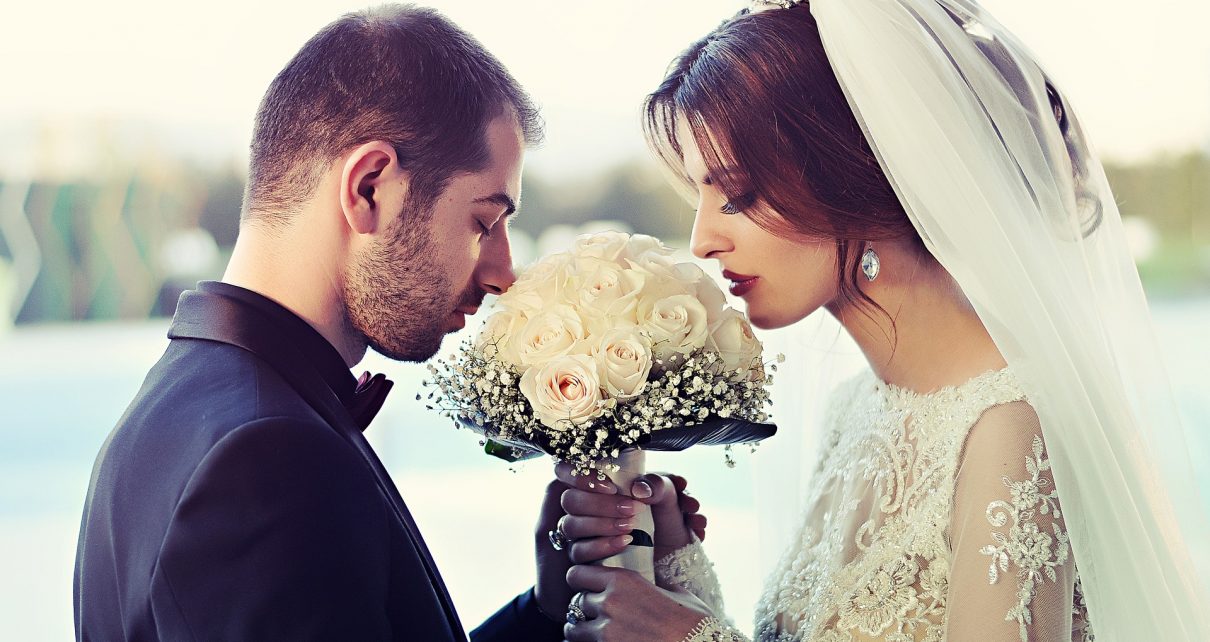
The act of marriage is almost a human cultural universal, with institutions of marriage, or similar counterparts, appearing at nearly every point throughout human history. In the modern day, marriage is a legally and socially recognised union between two individuals that places a series of rights and obligations on both parties, as well as protections for any children that are borne out of the marriage. Countries typically vary in their approaches to the legal side of marriage, with certain countries placing legal obstacles for couples that are attempting to get married.
The origin of marriage continues to be disputed, with many major world religions claiming that they are the true originators of marriage. Part of the dispute relates to how marriage is both conceived of and ca rried out, particularly as many religions feature stories about leaders who had multiple wives simultaneously. The foundation for marriage within Christianity originated approximately 2000 years ago with the teachings of Jesus and Paul the Apostle, with almost all modern churches placing great emphasis on both the importance and sanctity of marriage, although this did not truly come into effect until after the Council of Verona in 1184. There continues to be debate within different Christian denominations about who is allowed to marry, with Priests generally not being allowed to marry.
rried out, particularly as many religions feature stories about leaders who had multiple wives simultaneously. The foundation for marriage within Christianity originated approximately 2000 years ago with the teachings of Jesus and Paul the Apostle, with almost all modern churches placing great emphasis on both the importance and sanctity of marriage, although this did not truly come into effect until after the Council of Verona in 1184. There continues to be debate within different Christian denominations about who is allowed to marry, with Priests generally not being allowed to marry.
Other religions around the world place similar emphasis on the importance of marriage, although not all view the institution as a sacred union, but rather view marriage on more practical terms as the most stable environment for raising children.
